Artificial Intelligence (AI) is rapidly reshaping the music industry, from composition and production to distribution and listening experiences. As AI becomes more involved in musical processes, it is important to understand both its capabilities and the implications it brings to artists, producers, and audiences.
What Is AI in Music?
AI in music involves the use of algorithms and machine learning to analyze, generate, or assist in creating musical content. These systems can compose melodies, produce instrumentals, replicate voices, recommend songs, and even perform live. The role of AI ranges from creative collaborator to behind-the-scenes enhancer.
Key Applications of AI in Music
AI Music Composition
AI tools like AIVA, Amper Music, and OpenAI’s MuseNet can compose music in various styles, moods, and formats. These platforms allow users to input parameters such as genre, tempo, and emotion, and the AI generates original compositions that can be used in films, games, or personal projects.
Voice Synthesis and Vocal Replication
AI can replicate the voice of a singer or generate entirely synthetic vocals using deep learning. This technology is used to create new music with the voices of iconic artists or generate vocals in different languages and tones without a live performer.
Music Production and Mastering
AI-driven tools like LANDR and iZotope assist with music mixing and mastering, helping artists produce high-quality tracks without expensive studio equipment. These systems analyze audio and apply professional-grade enhancements automatically.
Personalized Music Recommendations
Streaming platforms like Spotify, Apple Music, and YouTube Music use AI to analyze user behavior and suggest songs based on listening habits. This creates highly personalized music discovery experiences for listeners.
Music Analysis and Trends
AI algorithms can scan large datasets of music to identify trends, predict hit songs, or analyze emotional content. This is valuable for record labels, producers, and marketers aiming to understand audience preferences.
Live Performances and Interactive Music
Some artists are experimenting with AI-generated music in live performances, where AI systems react to audience input or environmental factors in real time. This creates immersive, interactive musical experiences.
Challenges and Considerations
Authorship and Ownership
When music is created by AI, determining who owns the rights can be complex. Is it the developer of the AI, the user who provided input, or no one at all? This raises legal and ethical questions.
Emotional Authenticity
Critics argue that AI-generated music may lack the emotional depth and spontaneity of human-created compositions. While AI can mimic structure and style, true emotional storytelling may still be a uniquely human trait.
Copyright and Training Data
AI models are often trained on existing music. If copyrighted material is used without permission, the generated output could lead to legal issues related to infringement and plagiarism.
Impact on Human Musicians
As AI becomes more proficient, there is concern about how it may affect job opportunities for composers, session musicians, and producers. While AI can assist, the goal should be to complement rather than replace human creativity.
Conclusion
AI is unlocking powerful tools for musical creativity, offering new ways to compose, perform, and experience sound. While the technology presents challenges around ownership, authenticity, and artistic value, it also provides incredible opportunities for innovation. As we move forward, balancing AI’s capabilities with human emotion and ethics will be essential to shaping the future of music.


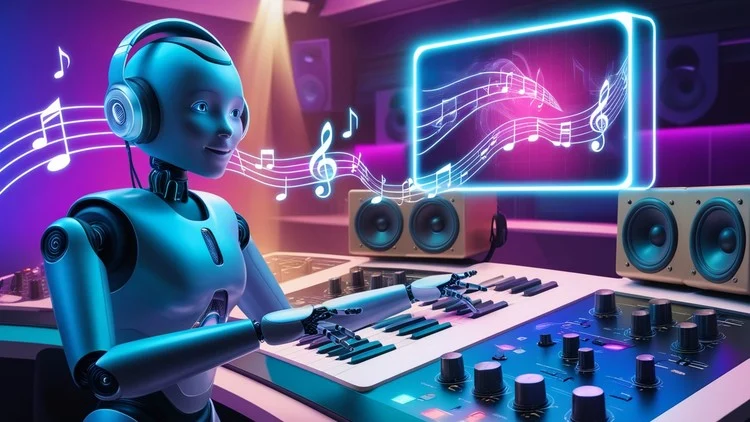
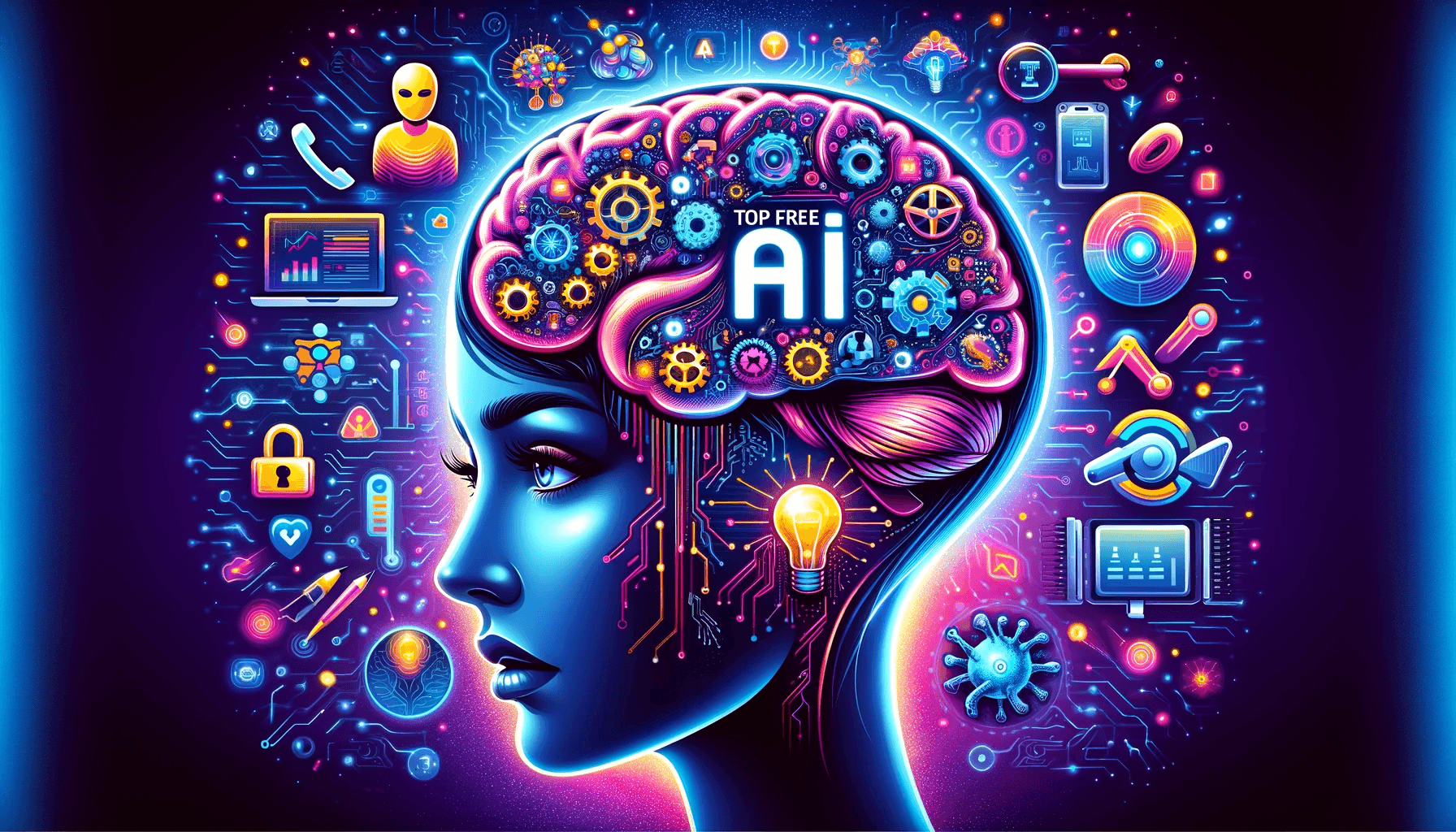
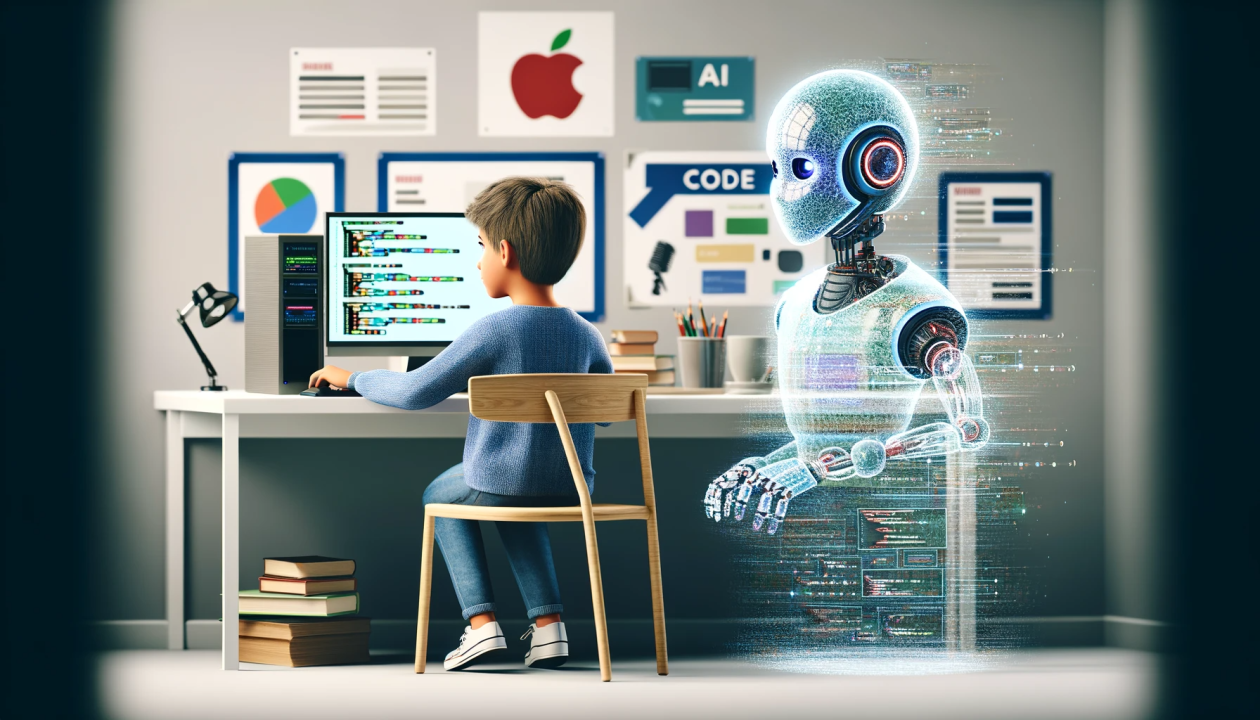
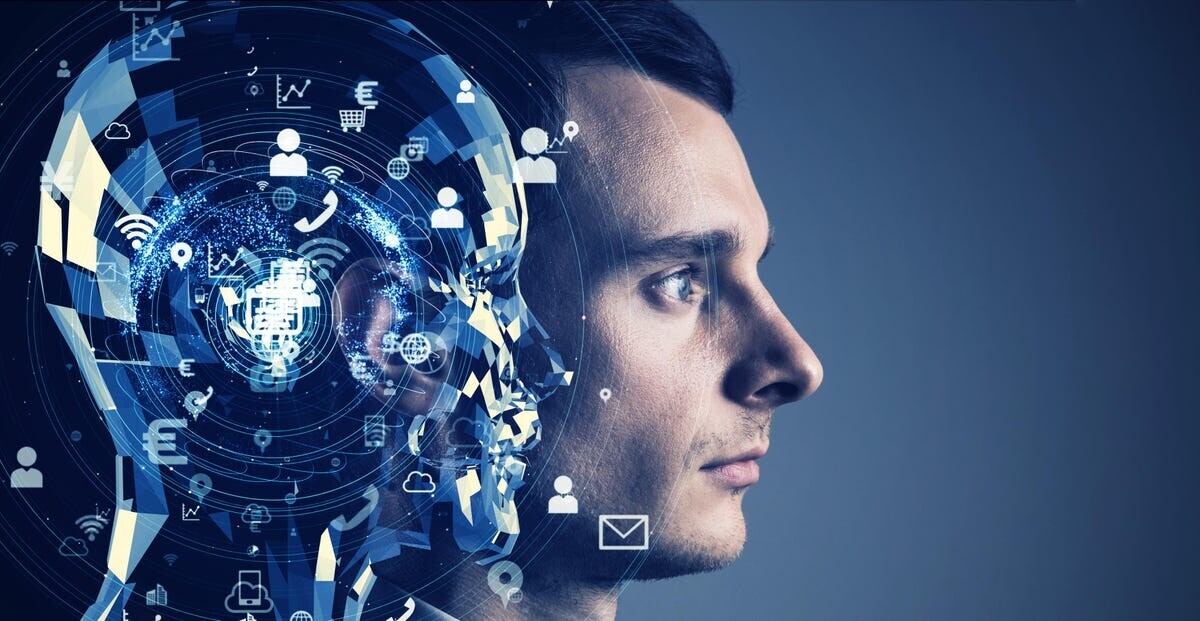
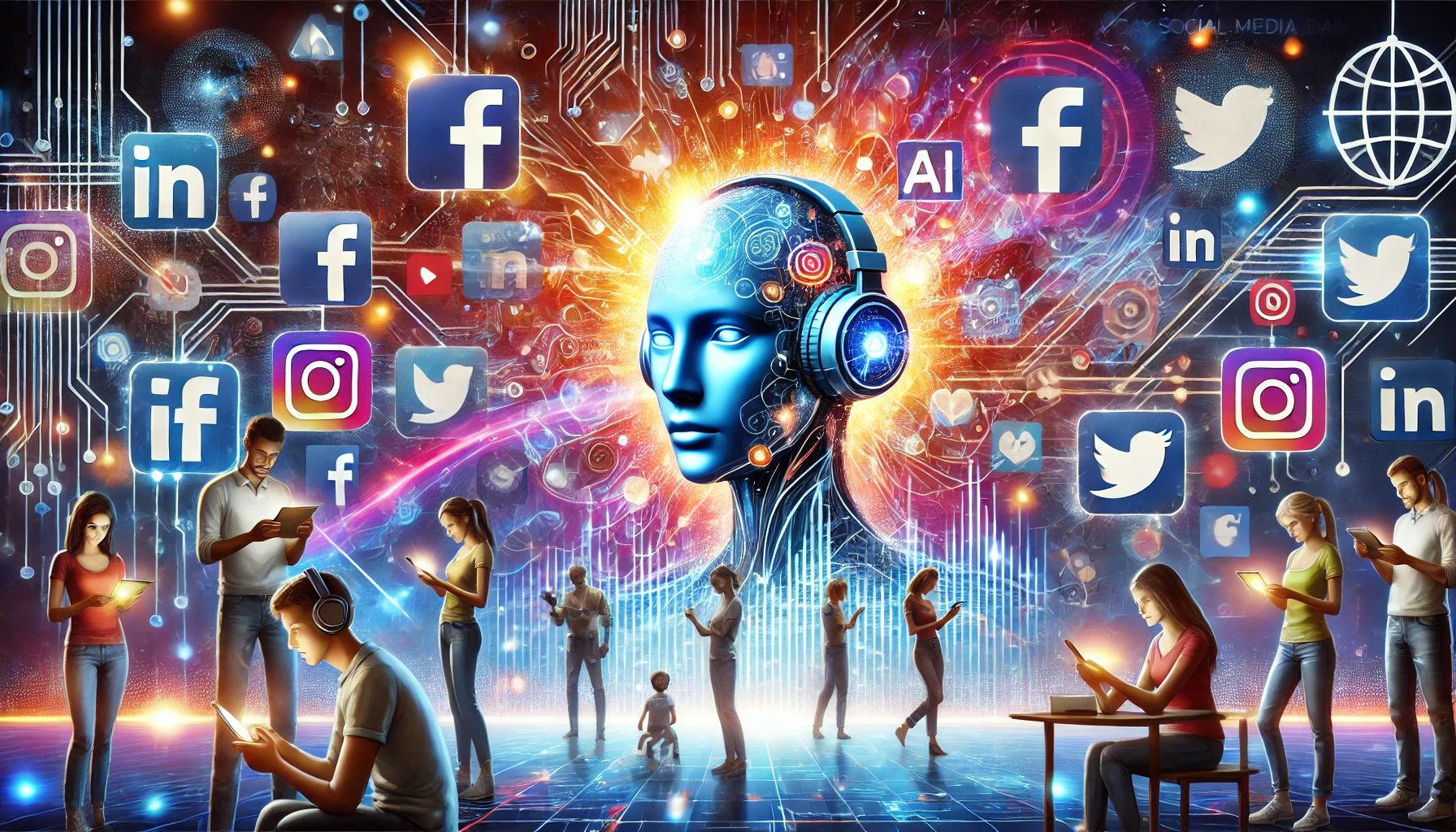
Leave feedback about this